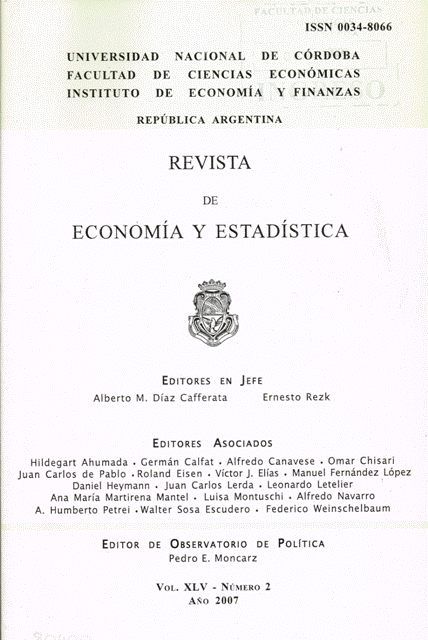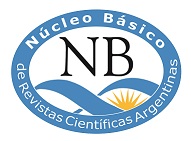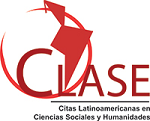Interview with Roberto Cortés Conde
DOI:
https://doi.org/10.55444/2451.7321.2007.v45.n2.3838Keywords:
Roberto Cortés Conde, interviewAbstract
Cortés Conde was born in Buenos Aires, Argentina, on February 5, 1932. He has been married to Sara Jorge since 1955, has four children and six grandchildren. He received his law degree from the University of Buenos Aires (UBA) in 1956, and did postgraduate studies in sociology, also at the UBA, between 1960 and 1962. In our country he taught political economy at the Law School of the UBA, between 1984 and 1990, and economic history at the Universidad Nacional del Litoral, between 1963 and 1966, at the Universidad Católica Argentina, between 1981 and 1990, and at the Universidad de San Andrés since 1991 (emeritus since 2002). He has taught abroad at the universities of Chicago, Harvard, Hebrew University of Jerusalem, Texas, and Yale. He is a full member of the National Academy of History and the National Academy of Economic Sciences, and between 1998 and 2002 he chaired the International Association of Economic History. His complete curriculum is available at www.udesa.edu.ar.
Downloads
Downloads
Published
Issue
Section
License
Copyright (c) 2007 Juan Carlos De Pablo

This work is licensed under a Creative Commons Attribution-NonCommercial-NoDerivatives 4.0 International License.
Authors who have publications with this journal agree to the following terms:
Authors retain their copyright and grant the journal the right of first publication of their work, which is simultaneously subject to the Creative Commons Attribution-NonCommercial-NoDerivatives 4.0 International License that allows third parties to share the work provided that its author and first publication in this journal are indicated.
Authors may adopt other non-exclusive licensing arrangements for distribution of the published version of the work (e.g. depositing it in an institutional telematic archive or publishing it in a monographic volume) as long as the initial publication in this journal is indicated.
Authors are allowed and encouraged to disseminate their work via the Internet (e.g. in institutional telematic archives or on their website) before and during the submission process, which can lead to interesting exchanges and increase citations of the published work. (See The Open Access Effect)










